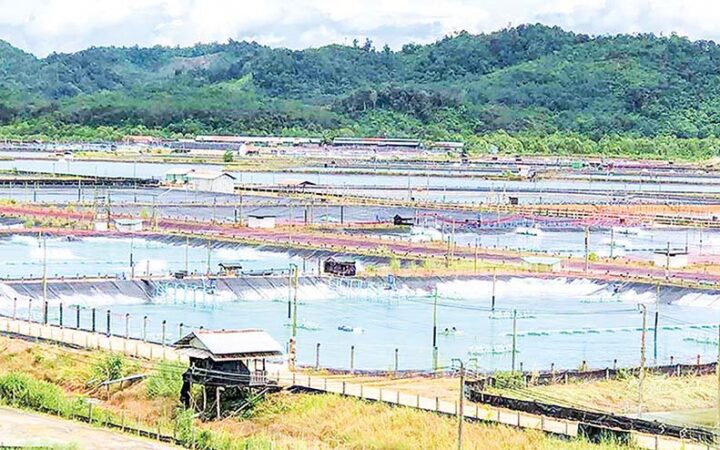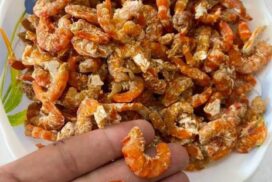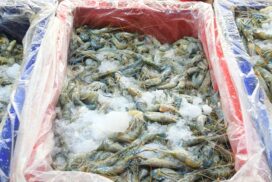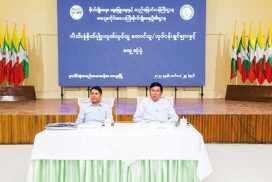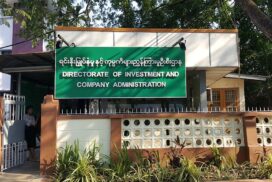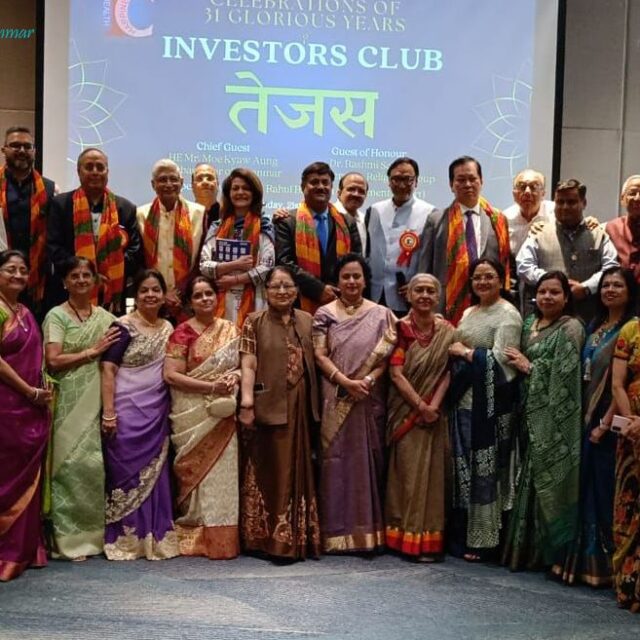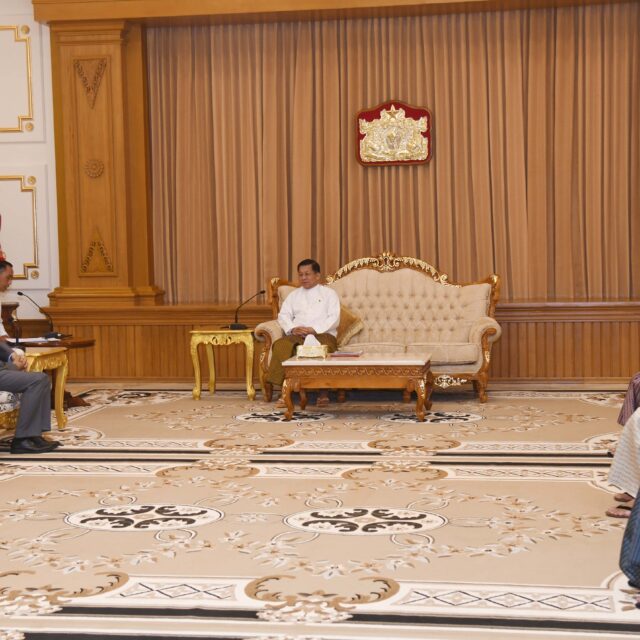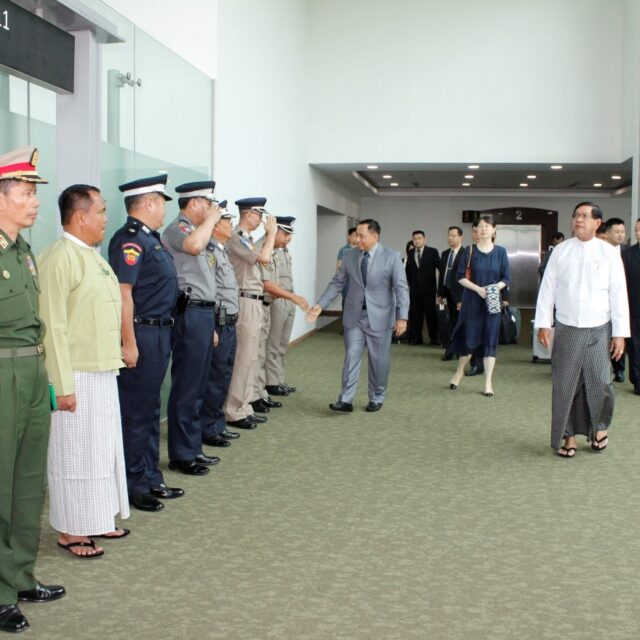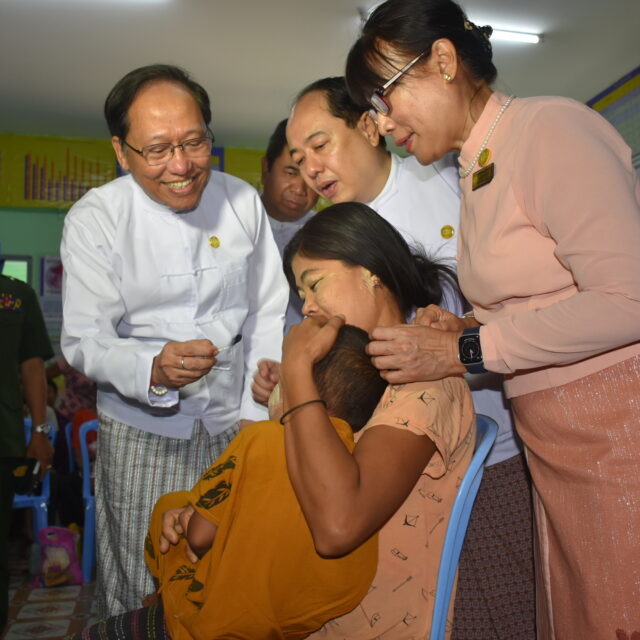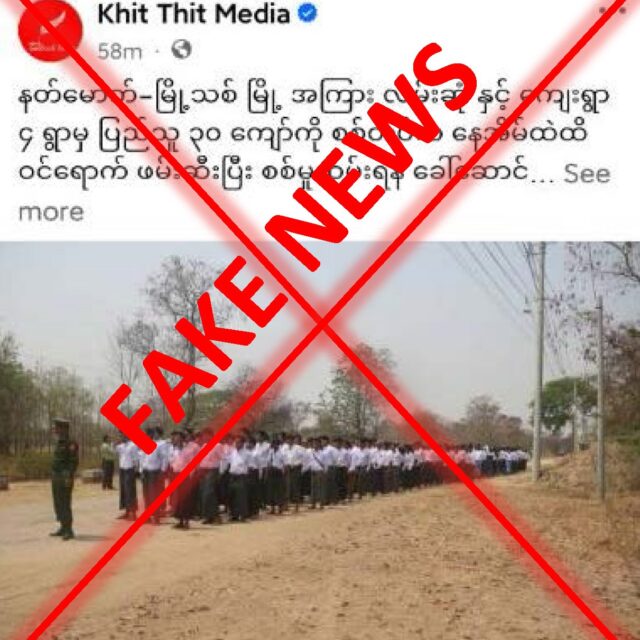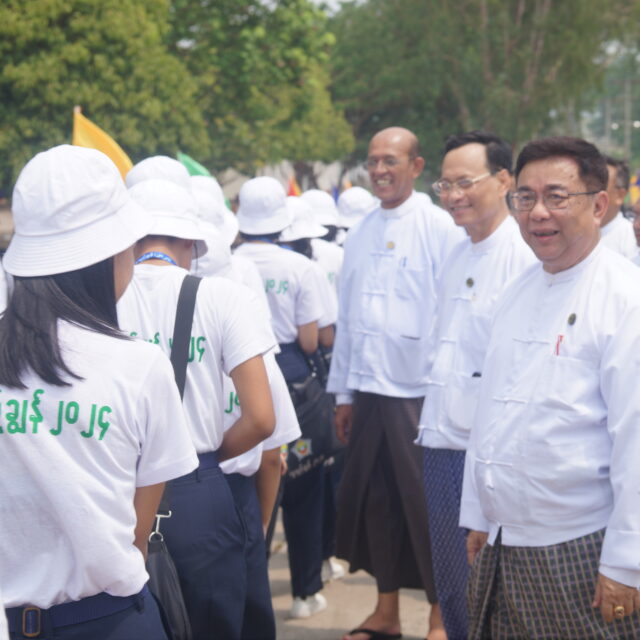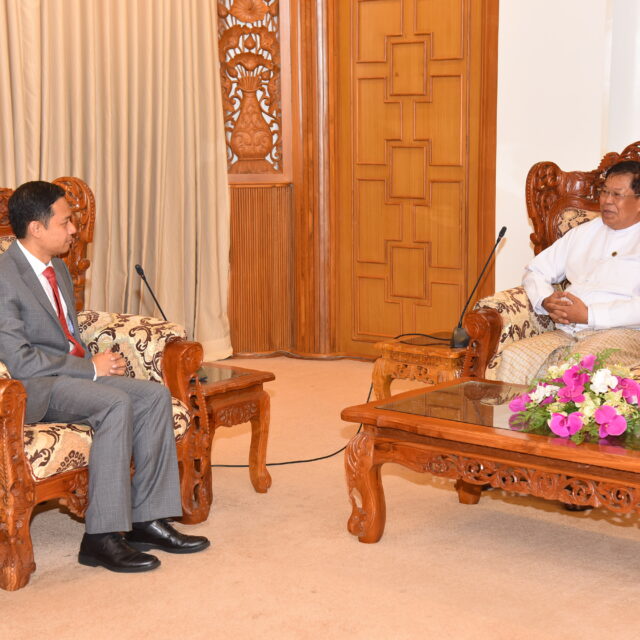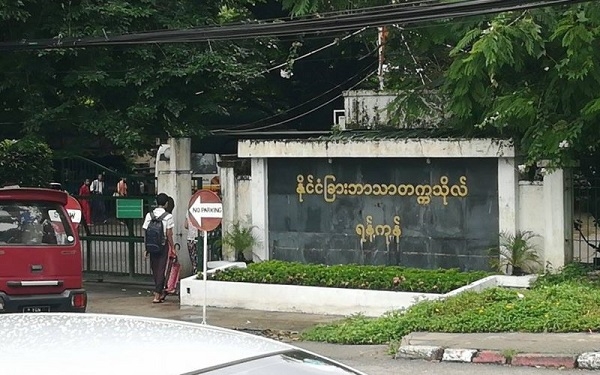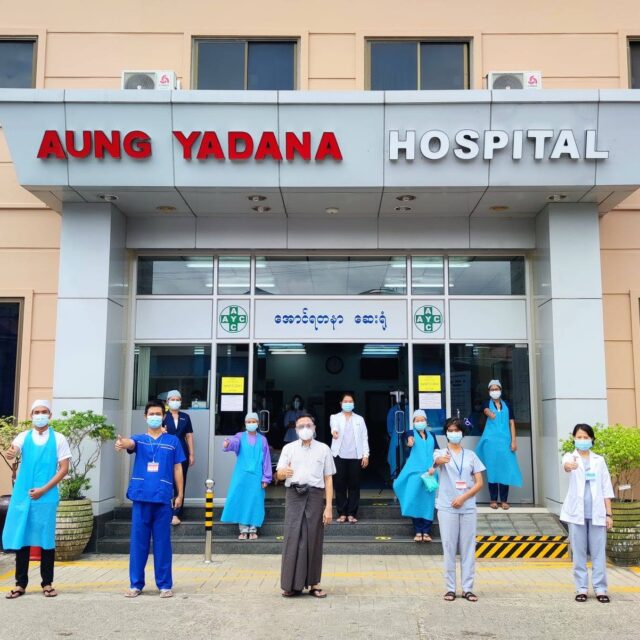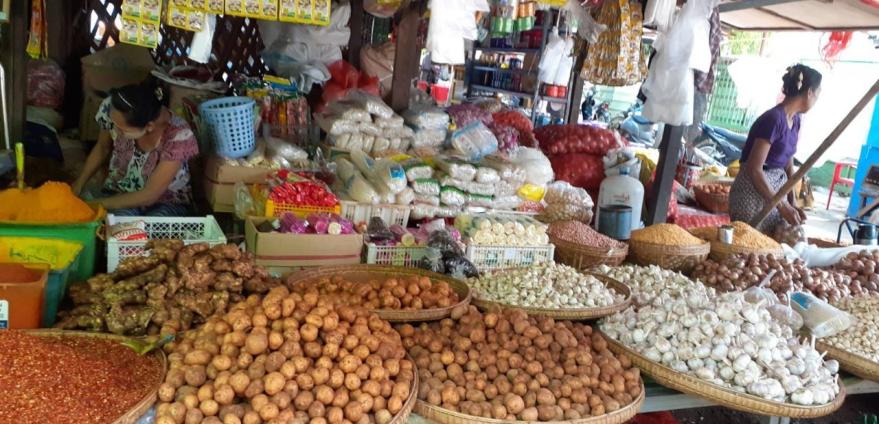Taninthayi Region is home to industries which emphasize production of marine products to earn incomes through exporting them to international markets, especially to the Thai market. As it is a long coastal region, Taninthayi Region hosts fish and shrimp farms of local businesspersons. Shrimp farms and shrimp processing factories are being operated in Kattalu Village of Kyunsu Township, Taninthayi Region, as part of efforts to create job opportunities for local people as well as to improve socioeconomic life of the locals.
Pyae Pyo Tun International Company Ltd also operates production of marine products, especially shrimps from its shrimp farms and processing factories. The company manages shrimp farming process, sanitation of the farms and production process of export shrimp products.
In order to accelerate the work process of the farms, officials of the Ministry of Agriculture, Livestock and Irrigation and local authorities give encouragement to such a business in order to produce shrimps for local consumption and export purpose.
Some 2,000 acres of shrimp farms are being operated in Myeik region, some 600 acres of which are following Good Aquaculture Practices-GAqP, said U Hla Than, Chair of Taninthayi Region Livestock Breeding Federation.
Moreover, officials of the Department of Fisheries and Pyae Pyo Tun International Company Ltd disclosed that an inspection team from the General Administration of Customs of the People’s Republic of China (GACC) has inspected the shrimp farms through the video inspection system.
Pyae Pyo Tun International Company Ltd produces some 35 tonnes of shrimps from 450 acres of shrimp farms on a yearly basis. Shrimps can be netted three times a year. In Kyunsu Township, Khaing Zin Yaw modern seawater shrimp farm is also being operated for export purpose.
Livestock breeding industries and foodstuff manufacturing industries need to take systematic records on production process, finishing stage, storage, inspection and sale. They have to arrange monitoring the chemical residue in the products as well as possibility of animal infection at marine products including fish and shrimps. — GNLM/TTA
Myeik region accommodates some 2,000 acres of shrimp farms, some 600 of which follows Good Aquaculture Practices
- May 01, 2023
- 373
